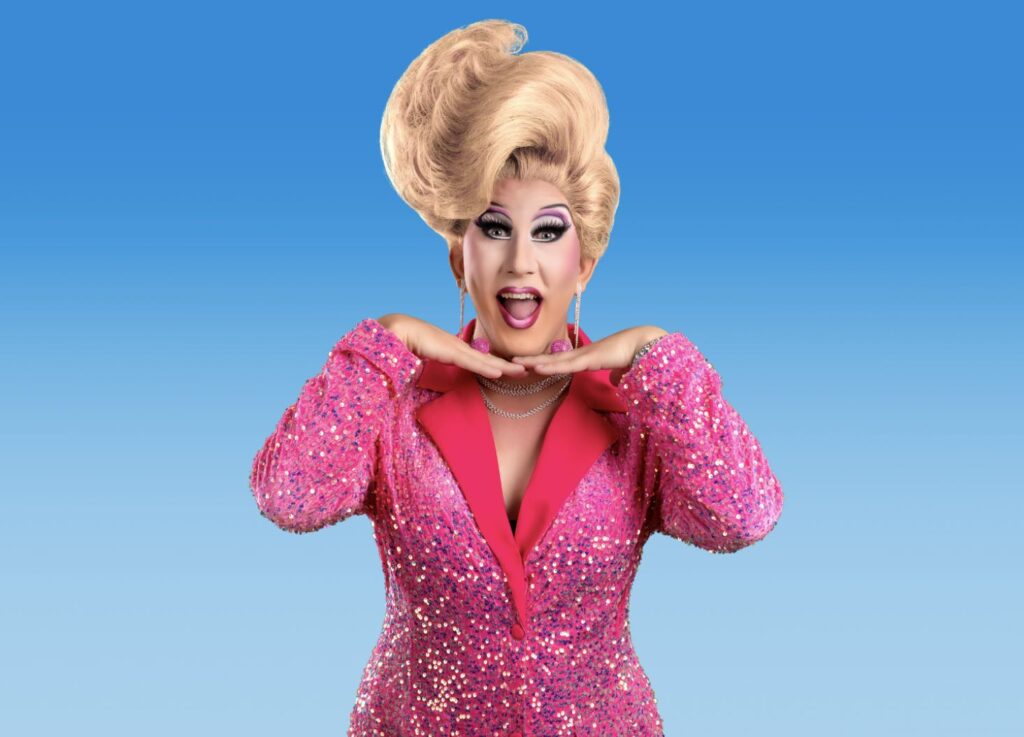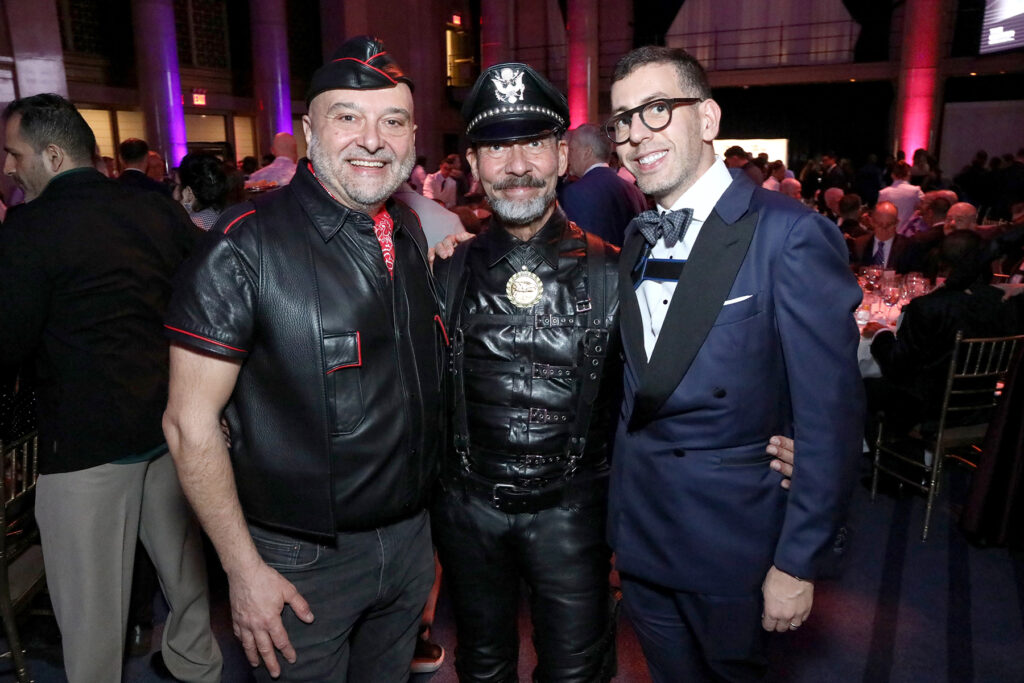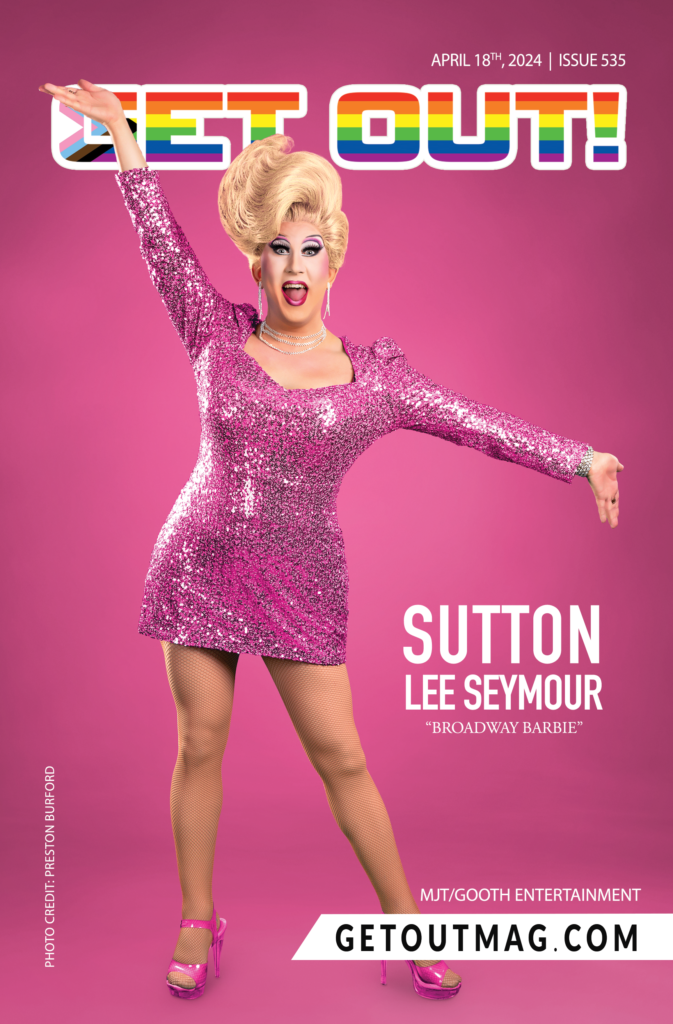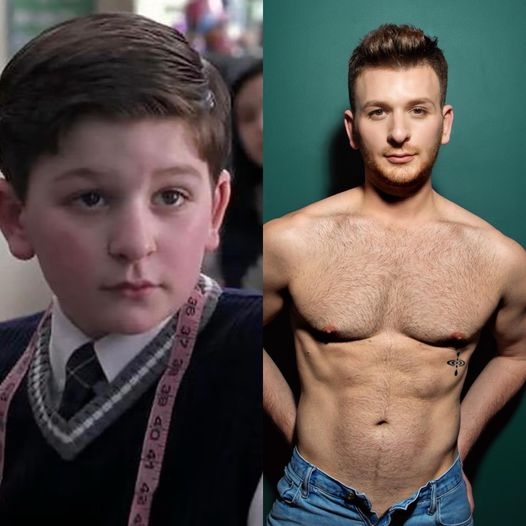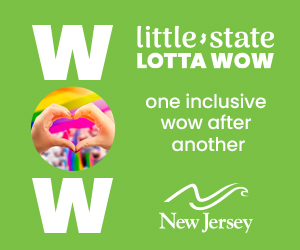INTERVIEW: LEON LOPEZ (UNITED KINGDOM)
Wednesday, May 9
Almost Saw the Sunshine directed by Leon Lopez
Tribeca Film Center
375 Greenwich Street, Tribeca, NYC
filmduaf.com
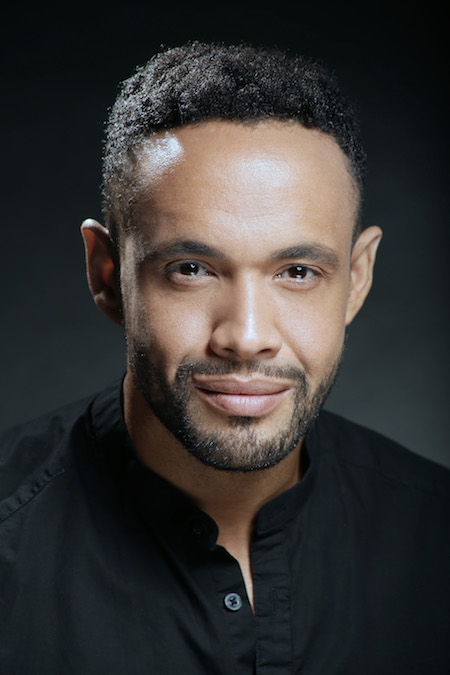
Over the last few years, filmmaker/producer Leon Lopez has been burning up the U.K. film scene with his Brown Boy Productions since the its debut film “Soft Lad,” which premiered at The East End Film Festival in 2015 and gained distribution through Peccadillo Pictures. His documentary “Let’s Talk About Gay Sex and Drugs” premiered at BFI Flare Festival in 2016, and his short, “Crossroad,” competed for the Iris Prize 2016 and was selected for distribution by Peccadillo as part of their Boys on Film series. At this year’s Film Series at the Downtown Urban Arts Festival, he presents the New York City premiere of “Almost Saw the Sunshine,” his transgender saga about Rachel, who impulsively takes a chance on a one-night stand that will change her life forever.
Tell us about “Almost Saw the Sunshine”?
“Almost Saw the Sunshine” tells the story of Rachel, a young, aspiring, transgender women who is training to be an accountant whilst juggling a turbulent home life. With an estranged Jamaican father and a white mother who is struggling to deal with her husband leaving, Rachel has put her personal life on hold to provide for her family. However, one night she chances on an encounter with a handsome stranger. Too busy for love, she resists his advances, but after several more coincidental encounters, she takes a chance—a chance that she may later live to regret.
What was your inspiration for the film?
“Almost Saw the Sunshine” came about as part of my master’s degree in film at University of East London. I really wanted to challenge myself with the limited resources I had. And I also wanted to tell a story that I felt was important.
At the time, I read an article on Facebook posted by Munroe Bergdorf about the deaths and murders of transgender women, and specifically transgender women of color, and I was astonished that I had heard so little about what was happening up until that point. So I reached out to Munroe, who is a trans activist and spokesperson, and I asked her what she felt hadn’t been spoken about or put down on film. She told me some of her own personal stories, as well as things that had happened to people she knew, and immediately I was inspired. I went away and scripted the first draft, and she came back to me with some notes, and then we finally got to where the film is now. She then agreed to play the lead role in the film, which was very special for me.
Being of Jamaican heritage and as an LGBTQ person myself, I also wanted to include issues to do with acceptance from the black community. As Munroe is also mixed race, it felt important to try and open up a dialogue and raise awareness of the lack of acceptance from non-LGBTQ black people. We wanted to show how, when it comes down to it, the love for a child can and should overrule everything. We wanted to go even further by showing what may be the consequences when this is realized too late.
What makes a film great for you?
A great film for me has a great story at the center of it. I don’t care how well it is shot, how big the budget or how well acted: If the story isn’t there, then the film fails.
Are there certain qualities that make a film better for you?
As an actor myself, great acting is always a big plus, but also beautiful lighting and cinematography also add to a great film. Combine both of these with a great story, and you have a perfect film.
How would you describe yourself, and how does that affect your storytelling and the films you make?
I describe myself as a mixed race, working-class, gay man. This in turn influences almost everything I do, even the films I direct for other people. I like to tell stories about people like me or the people around me. There are so few films out there these days that I can relate to; however, there are more and more working-class people, more and more people of color and more and more gay people. My stories don’t always include all three of these, but I am always attracted to stories that have a combination of one or more.

